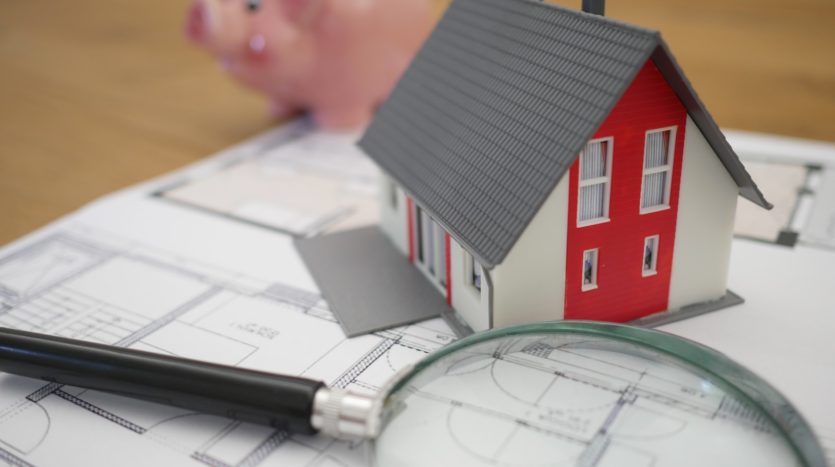Home inspections can be a little nerve-racking. What happens if there are serious issues on the home inspection? Can you ask the seller to repair issues noted on the home inspection? And how much is the inspection going to cost?
With nearly ten years of experience in the real estate industry, I’ve seen my fair share of home inspections. And I’m happy to answer all your questions.
Here is everything Connecticut buyers need to know about home inspections.
What is a Home Inspection?
A home inspection is a visual examination of the physical condition of a house by a licensed home inspector. The inspection is meant to help you understand the current state of the home and to warn you of any visible problems.
Home inspections are most often conducted when a property is being sold. Buyers naturally want to get an overview of the condition of the home before committing to purchasing the property. And sometimes, sellers want to have a home inspection before listing their home for sale so they can address any issues that could prevent the home from selling quickly and for top dollar.
What is Covered During a Home Inspection (and What’s Not)?
A standard home inspection covers the areas of the home that are visible to the naked eye. This includes areas like:
- Walls, ceilings, and floors,
- Windows and doors,
- Foundation and basement,
- Other structural components,
- Heating and cooling systems (temperature permitting),
- General electrical system,
- General plumbing,
- Roofing and attic.
But areas that are not available for immediate viewing are not covered by a home inspection. This includes areas like:
- Sewers, septic tanks, and the interiors of plumbing.
- Specialty items like pools or fireplaces.
- Anything happening inside the walls that can’t be seen from inside or outside the home.
- Asbestos, radon, or pests.
Areas that are not covered by the standard home inspection can often be examined by specialists. For example, you could arrange to have a plumbing inspector run a camera through the pipes to look for obstructions or other potential issues. Or you can have a termite inspection to check for termite damage or activity.
It’s entirely up to you if you want to pay for additional inspections. Some buyers want to learn as much as possible about the property before completing the purchase. And others are more comfortable with the unknown.
It’s important to understand that inspections are designed to give you an overview of the condition of a property and to warn you about any visible issues. But they are not a guarantee that there is nothing wrong with a home. Even if the inspection comes back perfect (which it won’t!), homes require regular upkeep, and there will come a day when your home needs an unexpected repair. A good homeownership practice is to set aside some money every month so you have cash available when something inevitably needs to be fixed.
How Much Does a Home Inspection Cost?
Home inspections in Connecticut usually cost between $450 and $500. This is to cover the inspector’s time reviewing the home and writing the detailed report. Additional specialty reports can cost an additional $100-$200 each.
Typically, the party that orders the home inspection pays the cost of the inspection. In most real estate sales, the buyers order the inspection and pay for the inspection. While these inspection costs are not cheap, it’s usually well worth several hundred dollars to understand the condition of the home before committing to the purchase.
What to Expect During Your Home Inspection
In a standard purchase and sale, a home inspection will be ordered shortly after the offer has been accepted. It’s in everyone’s best interest to complete the inspection as soon as possible because we can’t be sure you’ll want to proceed with the purchase until you have the results of your inspection.
You can attend the inspection if you’d like, but it’s not required. In today’s hot market, inspectors are exceptionally busy, and explaining the basic workings of all your home’s systems can slow the process down substantially for the inspectors. Rest assured, they will provide detailed notes and lots of photos in their final report to explain any issues. As your agent, I typically attend the inspections on your behalf just in case the inspector has any questions or comes across a potential issue that requires further explanation or discussion.
A few days after the inspection, you will get a detailed report of all observed issues. This report will include the problem, the possible solutions, and any items that might need additional inspection by a specialist.
What if the Home Inspection Comes Back with Major Issues?
First, you need to understand that inspectors are trained to document all potential issues. Even if they aren’t a big deal. Even if they don’t need to be addressed in any way. So don’t panic when you see dozens of pages full of “problems” with your home.
Most of the items on the home inspection are for your information; you won’t need to do anything about these items. Some items will be things you may want to address over the next few years when you have the time and money to take care of them. And a few items may require your immediate attention.
If your inspection comes back with items that need to be addressed immediately, you have a few options:
- You can accept these needs as part of homeownership and start a plan to address them as soon as the property is transferred to you. This is the most common scenario. No home will be perfect; there will always be improvements to be made. And in a hot seller’s market, like we’re seeing now in Connecticut, most buyers are happy to handle repairs themselves to secure a home.
- You can ask the seller to arrange repairs, reduce the purchase price, or give you a credit at closing to cover the cost of the repairs. This is fairly common during a cool buyer’s market when homes are taking a long time to sell.
- You can walk away from the home. The inspection is rarely so bad that the buyers change their minds and back out of a deal. But it can happen. It’s important for you to know that you have this option if you can’t afford to make the necessary repairs or get the seller to help with the repairs or expenses.
This is another reason it’s so important to have an experienced real estate agent in your corner. It’s helpful to have a professional go through the inspection with you to help you decide which items are just for your information, which will require attention at some point, and which are both urgent and important. A REALTOR can also advise you on current market conditions to help you understand if it’s in your best interest to ask the seller to handle some of the repairs or reduce the price. If you decide to reopen negotiations, you need a skilled negotiator to advocate for you.
Is a Home Inspection the Same as an Appraisal?
A home inspection is entirely different and separate from an appraisal. While the home inspection lists items of potential concern with the condition of the home, the appraisal assigns a specific dollar value to the home.
The purpose of the appraisal is to see if an independent, licensed home appraiser feels that the home is worth the amount the buyer is paying. This is important if you’re getting a mortgage for 80% or more of the purchase price because the lender will need to make sure the home is worth more than what they’re lending. But if you’re paying all-cash or you have a large enough down payment, the appraisal is largely irrelevant. In that case, you can even opt to waive the appraisal to make your offer more appealing to sellers.
Are Home Inspections Required?
A home inspection is not a legal requirement; you have the option to order a home inspection or to waive the home inspection. As a real estate expert, I highly recommend a home inspection for all buyers.
But I recognize that our hot seller’s market is causing some buyers to consider waiving the inspection in order to make their offer more appealing to sellers. Waiving the inspection means you waive your right to back out of the contract based on the condition of the home. Sellers appreciate this because it increases the chances that the deal will close as scheduled. So waiving the inspection can give your offer an edge in a situation where sellers are getting multiple offers.
What are the Pros and Cons of Waiving a Home Inspection?
The pros of waiving a home inspection are:
- You increase your chances of getting your offer accepted
- You don’t need to pay for a home inspection
The cons of waiving a home inspection are:
- The condition of the home may be worse than you thought, and you won’t realize it until you take possession and things start going wrong.
- You might miss code violations that you’ll be required to correct.
- You might miss a glaring defect that would have been a deal-breaker (this is highly unlikely, but technically possible).
One potential solution is to hire a trusted home inspector to attend showings with you. While you tour the home, the inspector can complete a quick review of the structure and look for any red flags. Your inspector can then tell you whether or not a full inspection is warranted. And if not, you can be more comfortable in your decision to waive the inspection.
The Bottom Line
Home inspections are a smart investment in your future home. For a tiny fraction of the home’s value, you get a professional opinion of the condition of the home so you can confidently proceed with the purchase.
Inspectors are trained to report every minor issue, so don’t worry if you see page after page of “problems.” As your agent, I can go through the report with you to help you determine which items require attention, which are just good to note, and which might be cause to reopen negotiations.
Waiving the home inspection is one way to give your offer a competitive edge when there are multiple offers for a home. But this can be risky because it can leave you without critical information about the condition of the home.
If you’re not comfortable waiving the inspection, there are several other ways to strengthen your offer and increase your chances of securing that new home. Contact me for a free, no-obligation consultation to learn more about the buying process and how to get your offer accepted.







